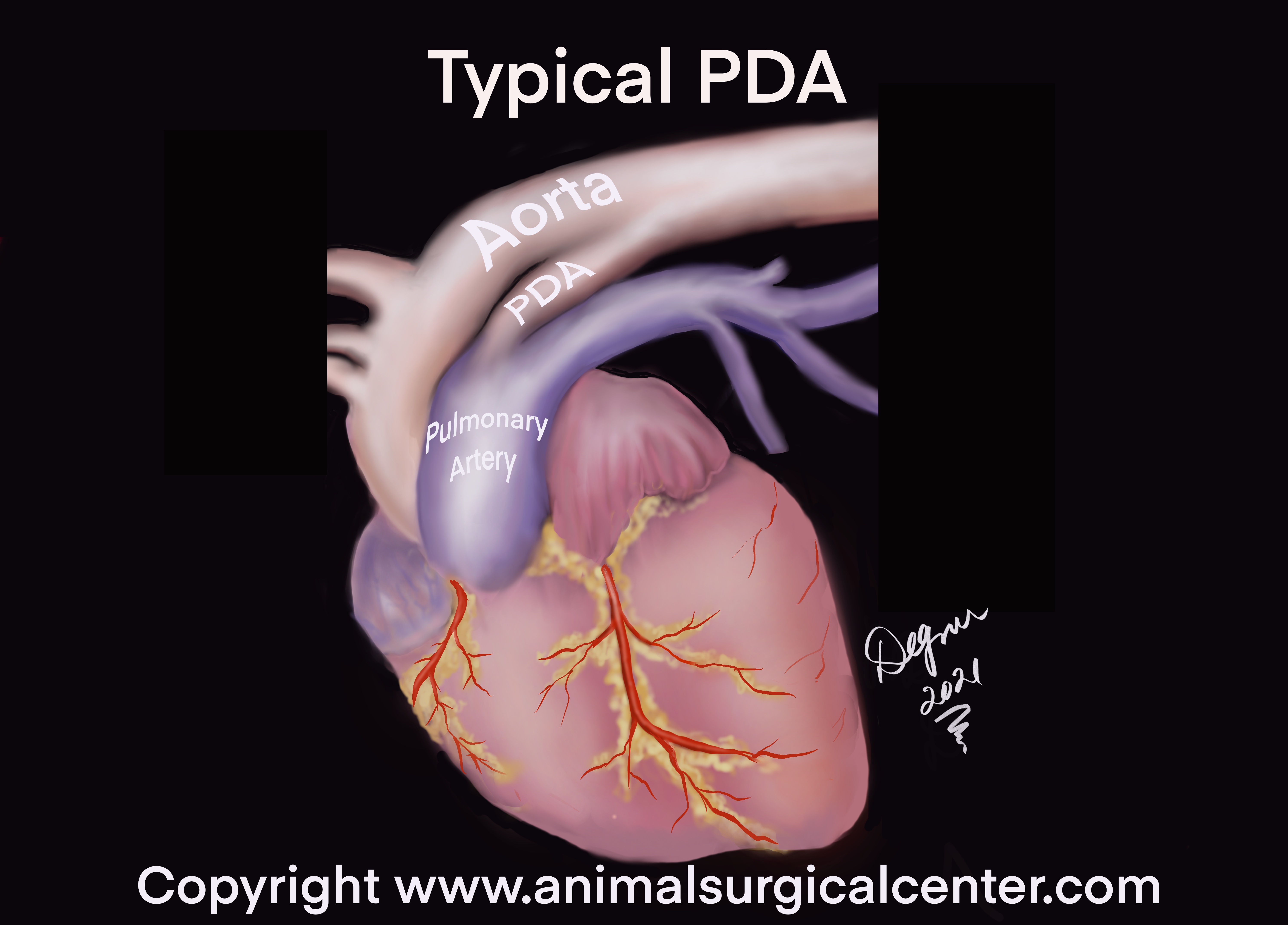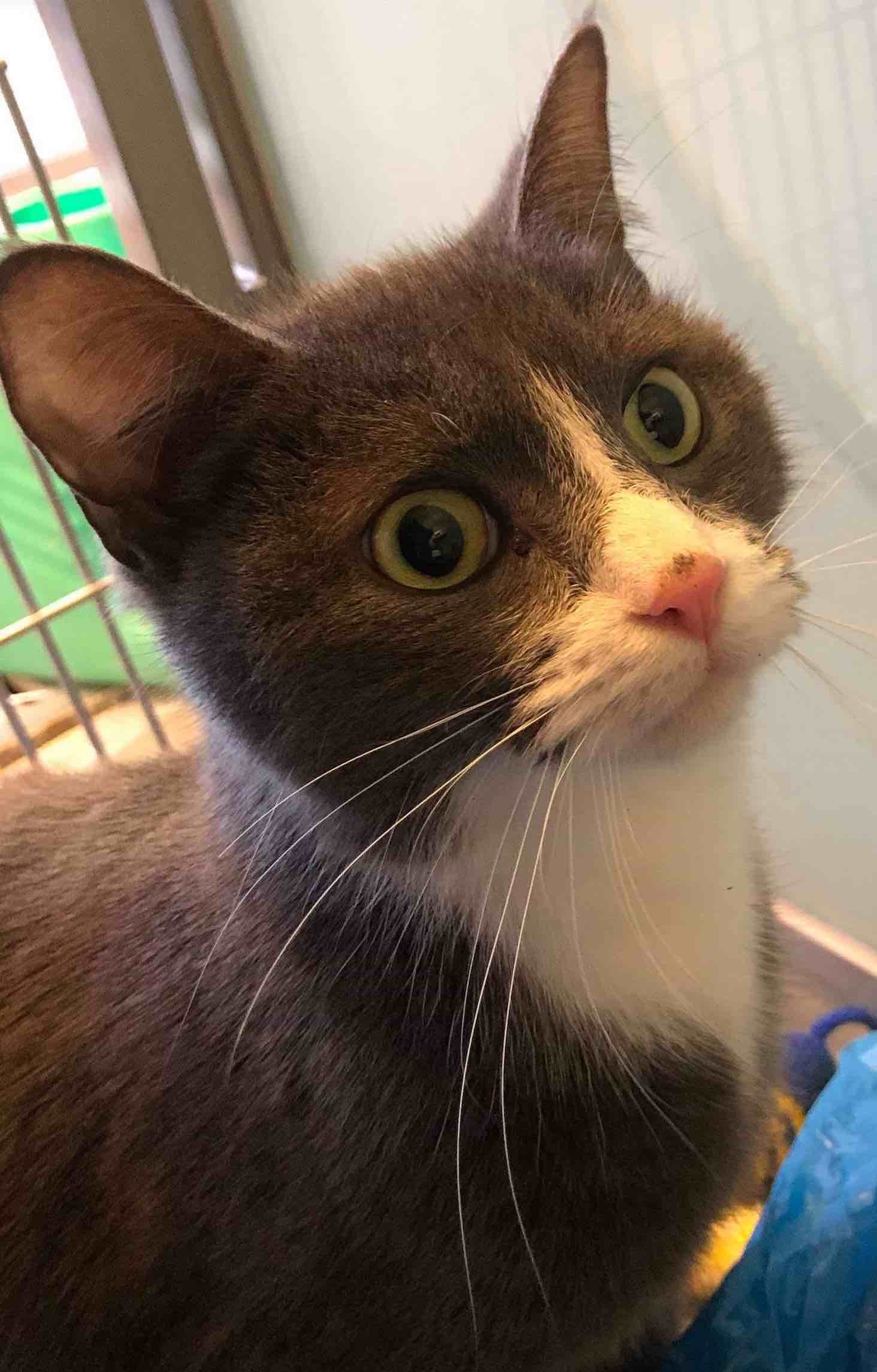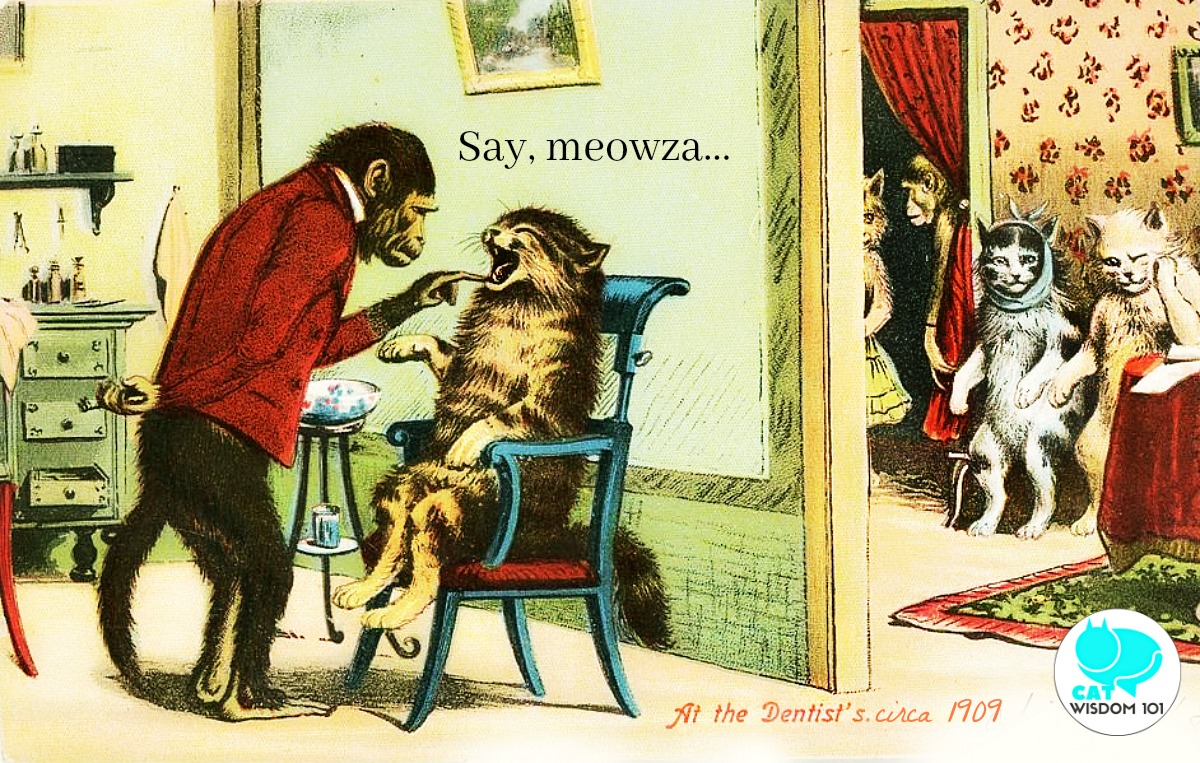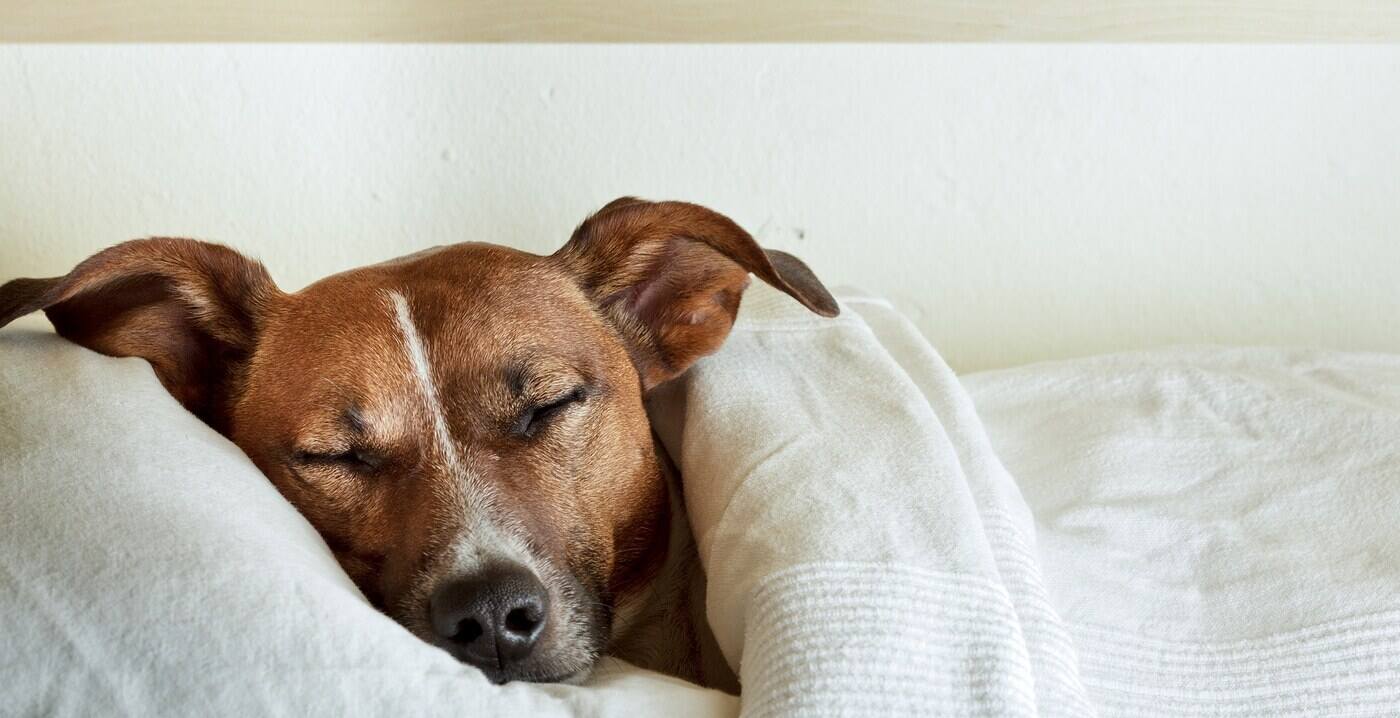Heart Murmur In Cats And Anesthesia

With a cardiac murmur but with out any clinical symptoms.
Heart murmur in cats and anesthesia. It is caused by turbulent blood flow and high velocity. Identify all prescribed and over-the-counter medications including aspirin and supplements to avoid ad-verse drug interactions1 Physical examination. Anesthesia and other factors such as surgery itself can affect heart rate.
To be clear you want to avoid anesthesia if possible but it is not something that has to be avoided at all costs. Cats and murmurs are a little bit of an enigma. For maintenance of anesthesia the gases isoflurane and sevoflurane are among the safer methods and result in faster wake-up times.
If the heart murmur is severe enough to cause heart disease such as congestive heart failure then signs such as coughing difficulty breathing rapid breathing or even collapse may be seen. More if there is more complication. Typically murmurs are caused by leaky heart valves or a narrowing or thickening of the chambers of the heart or heart muscle which can indicate heart disease.
Heart Murmurs in Cats. This type of murmur is benign not harmful. The prognosis depends on the cause of the heart murmur.
This happens when the heart walls are thickened. Any dog or cat with a murmur especially one that is suddenly detected meaning on his last exam it was not there but on this exam it is there or a pet that may be undergoing anesthesia. It is therefore imperative to reach a complete cardiac diagnosis rather than to settle for a diagnosed murmur as reason enough to avoid general anesthesia especially when non-elective procedures are considered.
Some normal adult cats may have an intermittent heart murmur that shows. For bradycardic or hypotensive cats heart rate and blood pressure support during deep sedation or anesthesia may be necessary. By monitoring your pets heart rate your veterinarian can make anesthetic adjustments quickly.

















